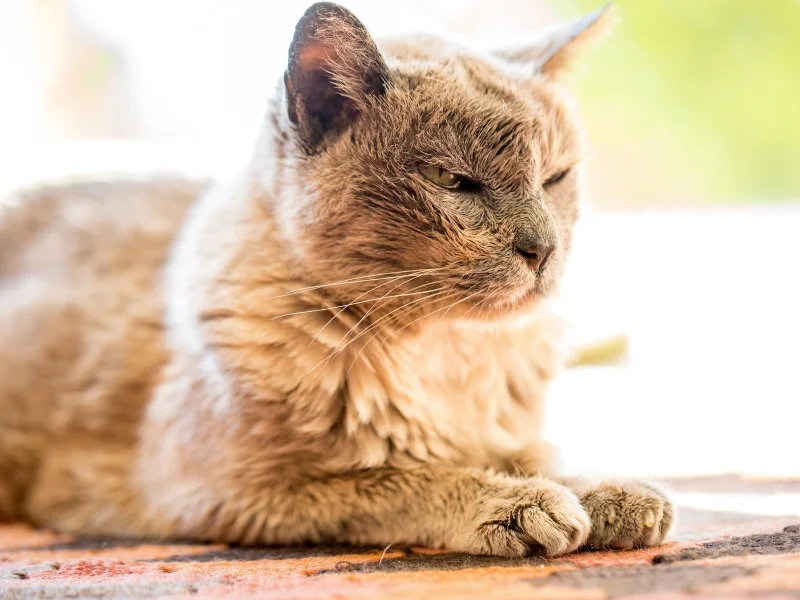Lando’s long game with cryptococcus
Lando was referred to CSS because he had a swelling under his jaw that wouldn’t go away.
Popeye coughs up the culprit
Ares is a handsome young Maine Coon who was referred to CSS after presenting at AES with sudden lameness in his back leg.
Ares takes a fracture in his stride
Ares is a handsome young Maine Coon who was referred to CSS after presenting at AES with sudden lameness in his back leg.
The road to recovery for Kuro
Kuro is a calm and dignified older cat who faced a challenging case of hyperthyroidism and early kidney changes.
Kikki’s transformation after I-131
Kikki is a gentle and resilient cat who came to CSS with a long-standing case of hyperthyroidism and significant heart changes.






